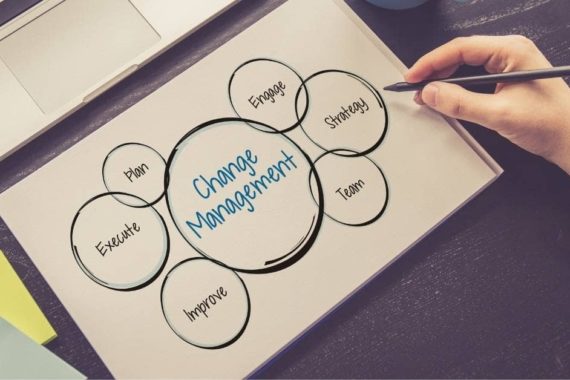
Need a System for Your Contract Management Process? The 10 Best Tools to Find the Perfect One for You
Introduction
Running a business isn’t always easy. There are so many processes in place, it can often be hard to know where to start. Your contract management process is no different—it’s an important part of your business and it’s important that you get it right. But with so many options out there, how do you know which tool is the best choice for you? In this article, we’ll discuss the different types of systems available and their pros and cons. By the end of this post, you should have a better idea of what will work for your needs.
Contract management systems are software tools that help businesses manage their contracts and keep track of the terms and agreements between parties. These can be essential for both small businesses and large enterprises, as contract management is an essential part of doing business.
How do I choose a contract management system?
When deciding on which system to use, it’s important to understand the different types of systems out there and how they work so you can make an informed decision about what’s best for your company. There are three main categories:
What is a Contract Management System?
Contract management is a process that involves many different people, departments, and stages of the contract lifecycle. It involves managing everything from contracts at the beginning of their life cycle to managing them after they have finished. Contract management can be done manually or with a system that helps you manage contracts from start to finish.
Contract management systems can help companies better manage contracts by giving them insight into their entire contract portfolio as well as helping them estimate future costs associated with those contracts without having to spend hours analyzing data or making their own spreadsheets. They also allow you to respond quickly when issues arise so you’re always prepared for any situation regarding your agreements.
These tools have many different functions and features depending on what kind of business needs they serve—but in general, there are some things all good ones should be able to do: track deadlines; generate alerts when something has changed; keep notes about meetings related directly (or indirectly)
Different Types of Systems & The Benefits of Each
By leveraging a contract management system, you can save time and money by automating processes that might have been handled manually before. You’ll also be able to reduce the risk of missing important deadlines or losing track of important documents.
A contract management system is software that allows organizations to store, manage, and update their contracts in one place. These systems help businesses protect themselves from lawsuits by ensuring they have all legal documents related to each contract on file at all times.
These types of programs offer a range of features to simplify different aspects of the contracting process: from collecting signatures digitally; storing data such as payment terms and milestone dates; generating contract templates for new contracts; tracking payments due; managing multiple versions of a contract document; creating reports about who has signed what version when it was revised last time, etc…
What are the Different Types of Contract Management Systems Out There?
Contract Management Systems are a way to manage contracts with your clients.
These tools help you better manage your contracts, and some are cloud-based, some are on-premise. Some Contract Management Systems are transactional—they allow user interaction via an application or web interface for contract management activities such as creating, modifying, or terminating agreements. Other Contract Management Systems are fully featured and provide workflow management capabilities such as approval processes or email notifications when a document is accessed by another user. Some Contract Management Systems are free while others require payment at various levels depending on the features offered by each vendor.
How do I Choose Which System to Use?
Before you make your decision, there are a few things you should take into consideration.
- Features: What does the system do? How many users can it handle? What other features come with it? Will it integrate with existing systems in your office? Check out the feature list and see if they’re important to you. The more features a contract management tool has, the more expensive it’ll be—so decide what’s most important before going down this path!
- Price: While most of us would love to have unlimited funds when building our business, we all know that’s not realistic (especially when starting out). Take some time to figure out how much money is available for IT tools like contract management tools and then make sure whatever budget is decided upon fits within that amount. It might take some research on other companies’ contracts so there aren’t any surprise expenses later on down the road!
- Reviews/Customer Service: When researching companies who offer these types of products (or services), check for reviews from previous customers about their experience with the company’s customer service department as well as their overall satisfaction level with using those services themselves! If possible, try calling them directly yourself to see if they provide quality assistance immediately after purchase instead of waiting days weeks months yearsmonthsweeksweeksweeksyearsmonthsmillisecondssecondsseconds milliseconds before getting an answer back from someone who knows what they’re talking about.”
Let’s look at the benefits and types of contract management systems available and you can see which one is right for you.
As a business owner, you know how important it is to keep track of your contracts. You want to know who has signed on and when they need to renew. The last thing you want is to have a client leave because they feel like no one cares about them. Having all of this information in one place, it will help ensure that nothing gets lost in the shuffle.
Here are some benefits that come along with using a contract management system:
- It saves time by eliminating paper-based files
- It makes communication much easier between parties involved in a contract
- It helps avoid disputes between parties by keeping all terms easily available








